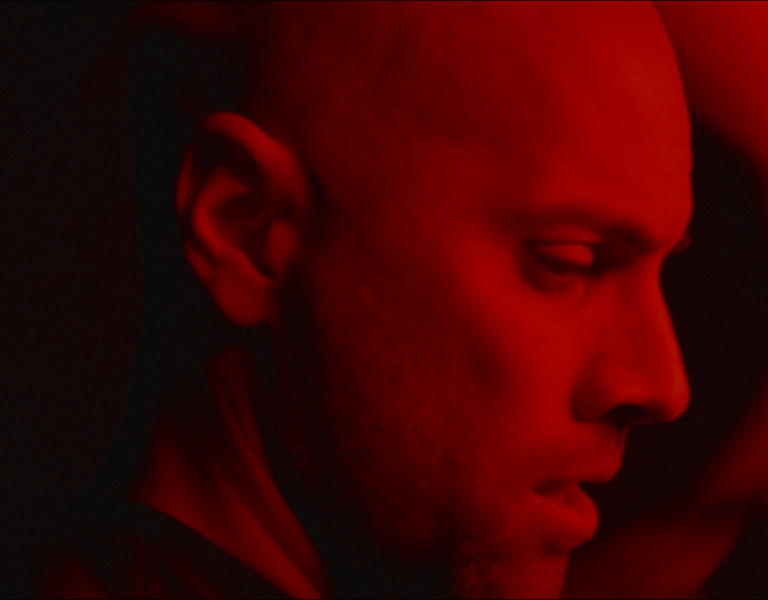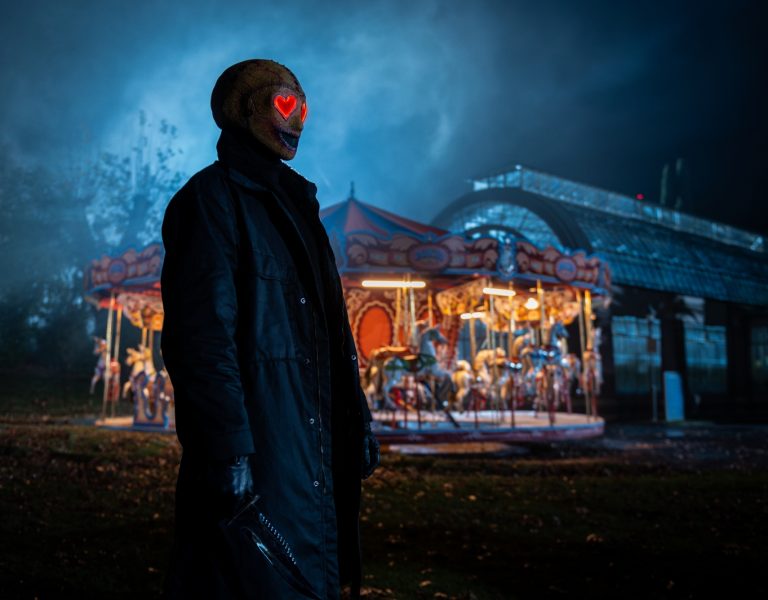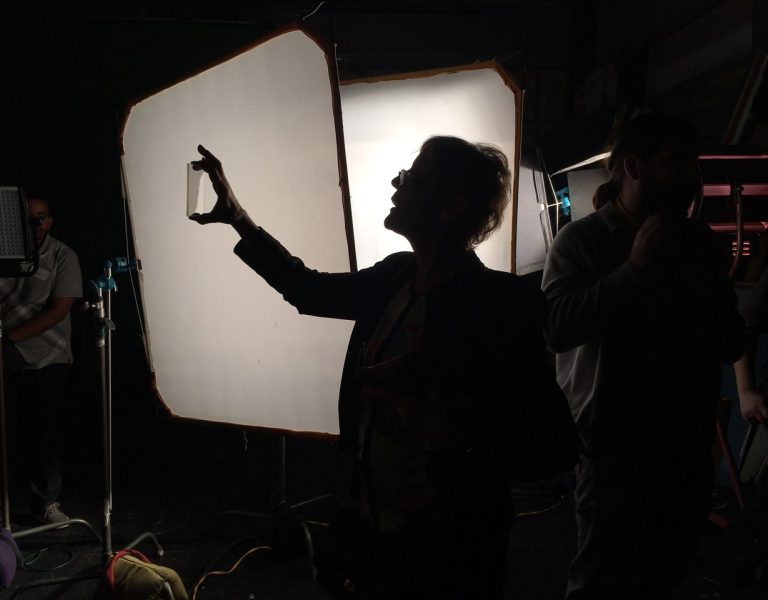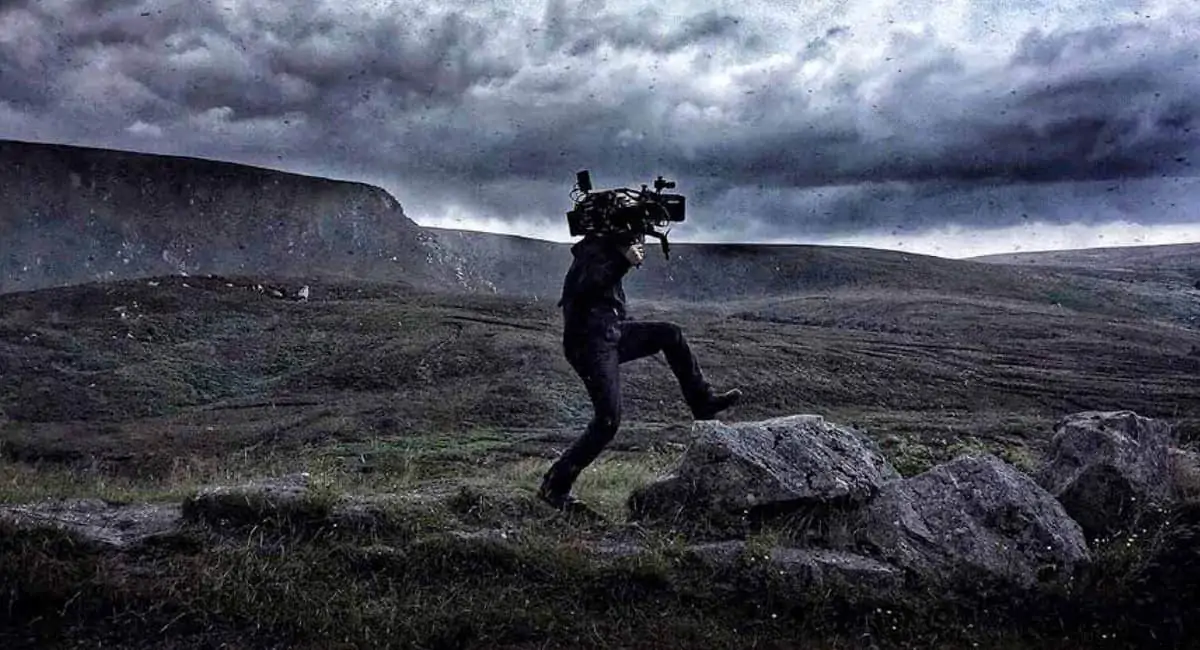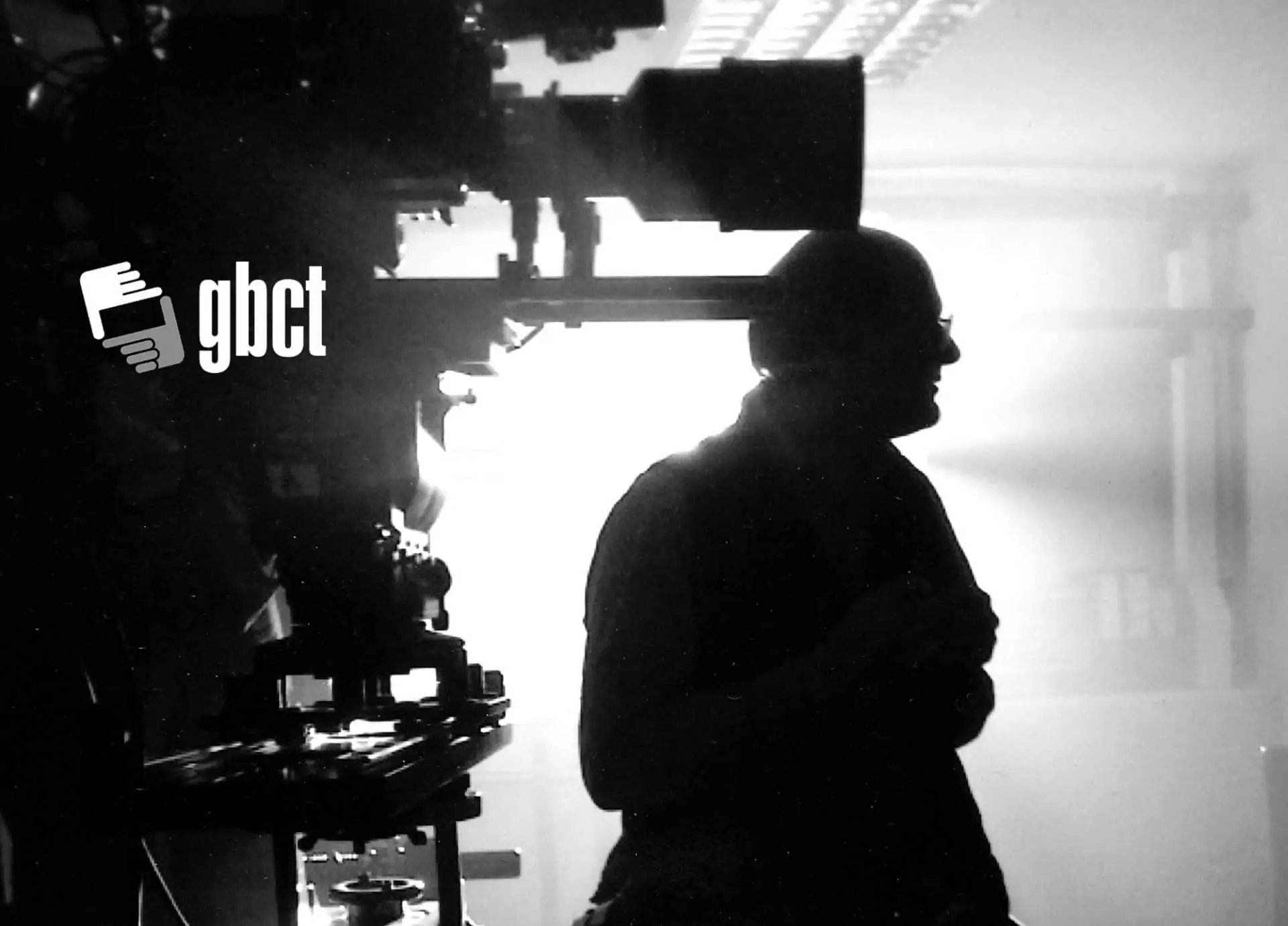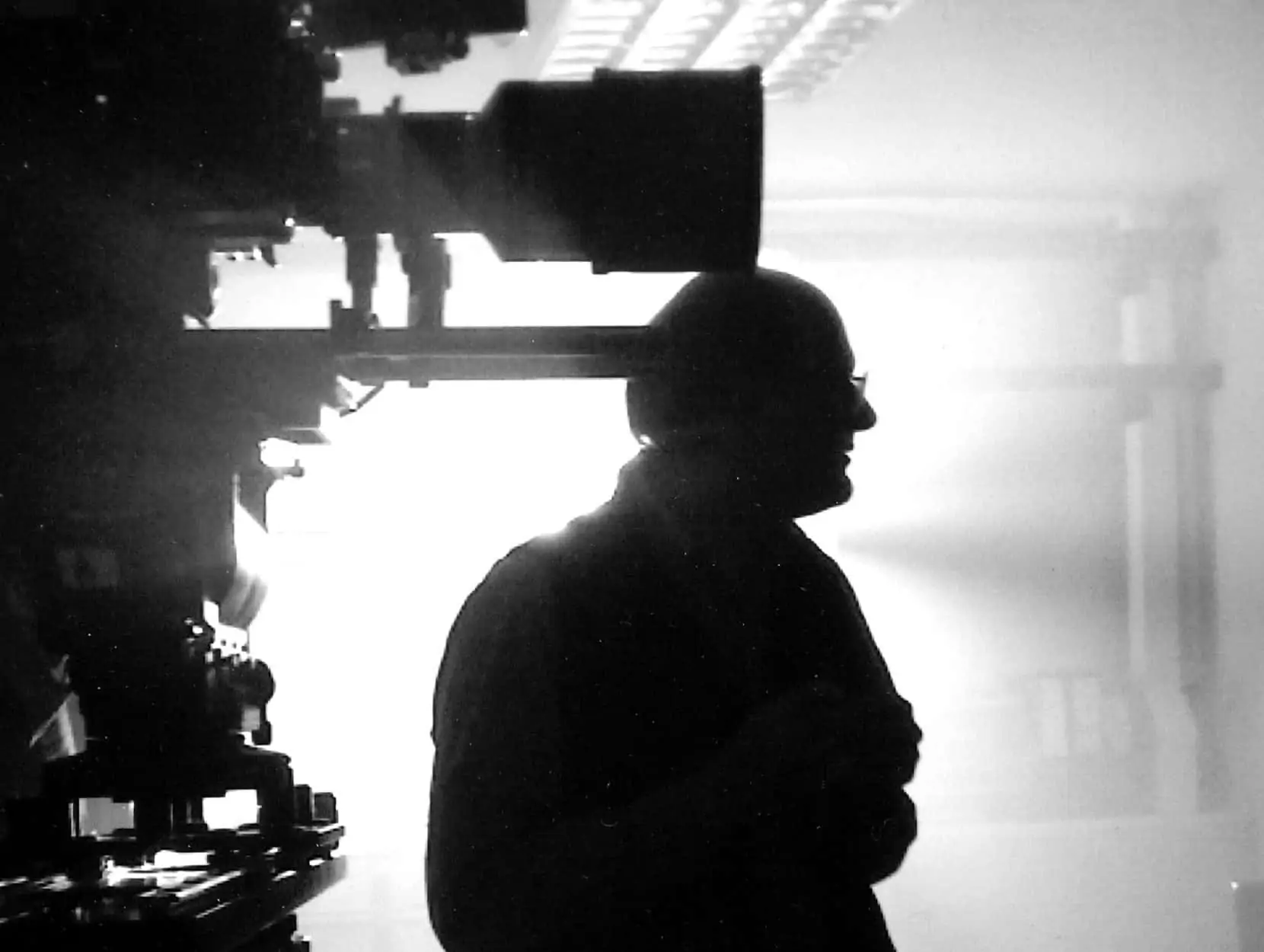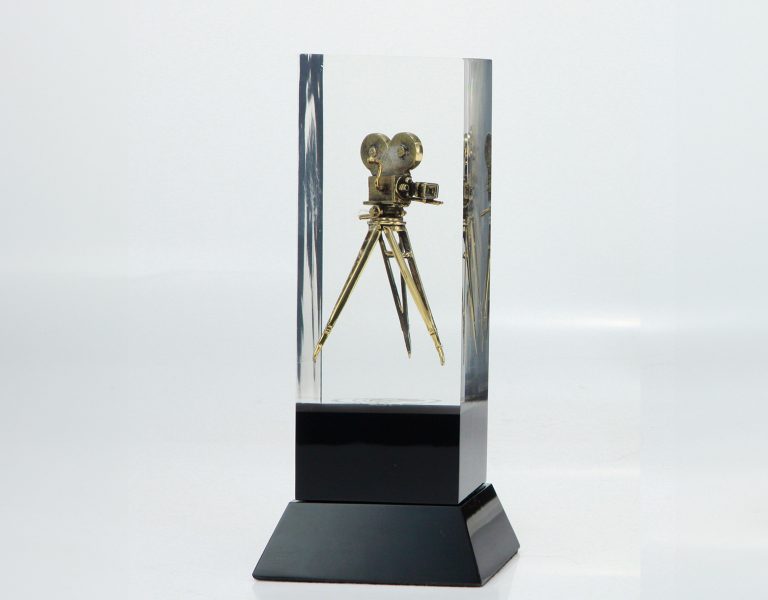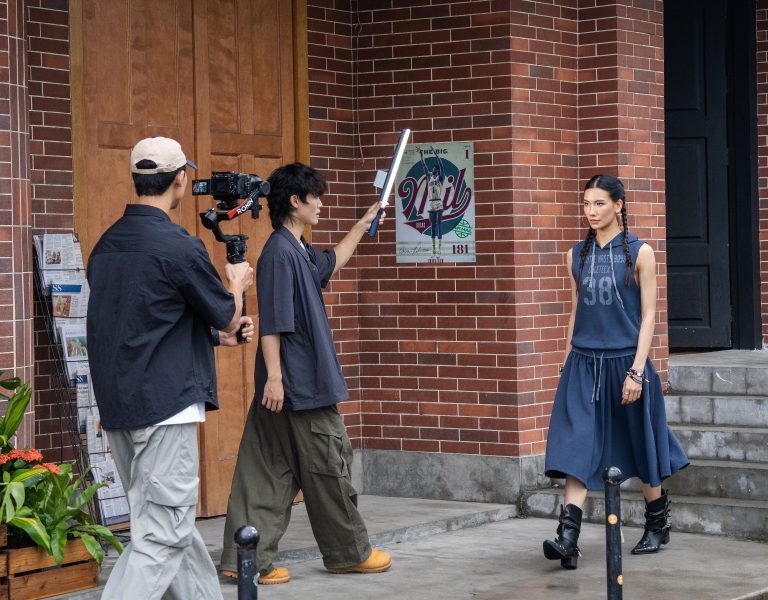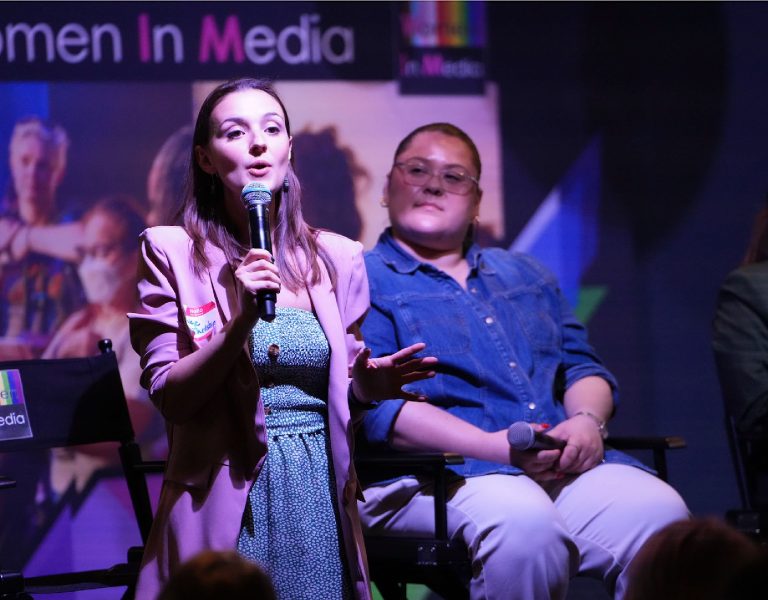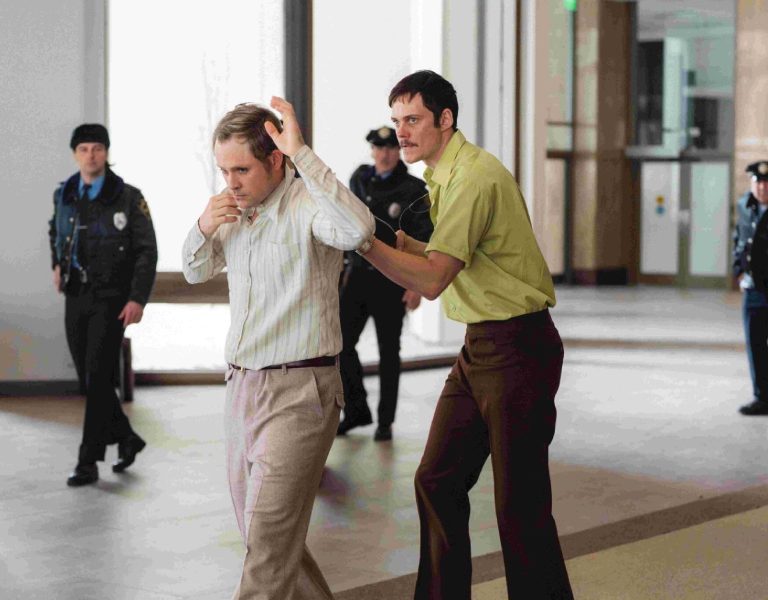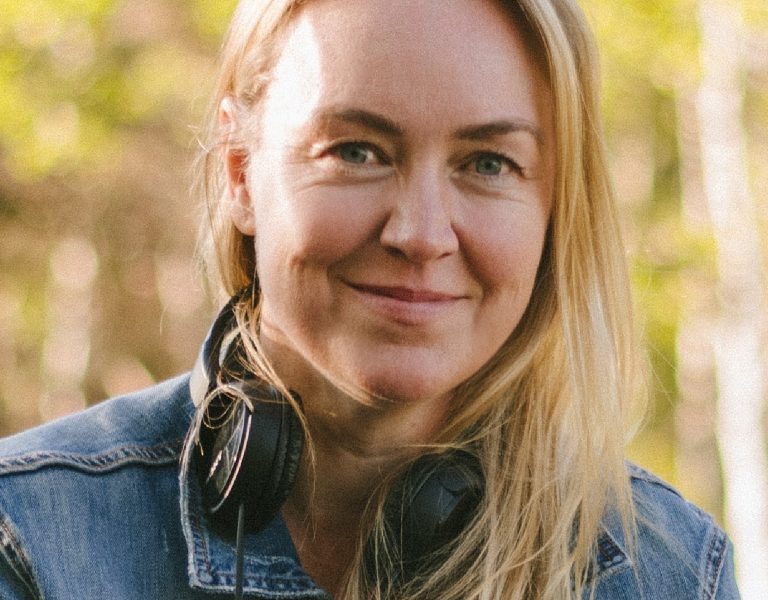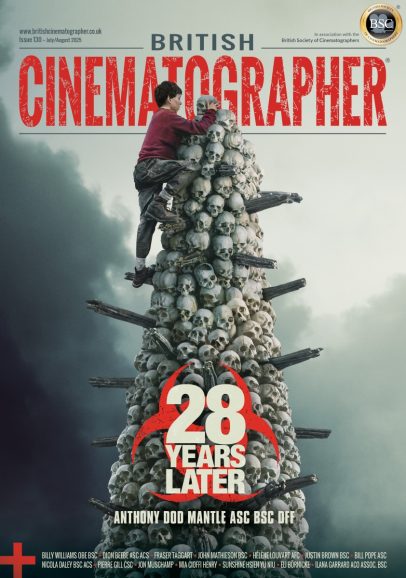Just get a grip
Apr 15, 2016
In January this year the Metropolitan Police Service Film Unit published their latest revised guidelines for filming on the roads of the capital. These guidelines are drawn up with the consultation of rental companies, tracking vehicle companies and representatives of the grips branch. Although these are called guidelines for filming on the move, any production would unwise to regard them as anything but the hard and fast rules for doing any filming involving vehicles on the public road.
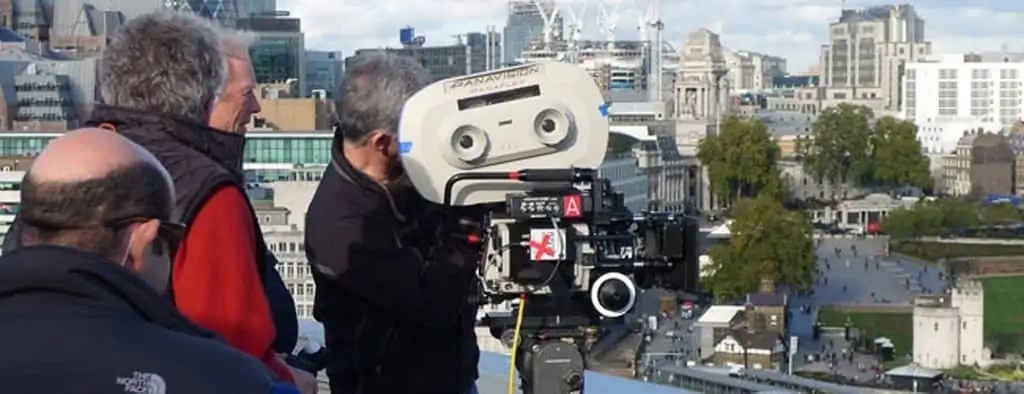
The advice is, for the most part, common sense. It covers all of the various kinds of tracking vehicles, frames and fixtures that are commonly used and the various scenarios that can be involved in filming on the streets. The strictest rules are those which cover anything that is mounted on the outside of the vehicle or extends beyond its normal confines. As well as covering the types of filming that are common on well-funded shoots it also covers the use of shooting from ordinary vehicles. Keep it within the vehicle and obey the rules of the road and you will be considered safe for most circumstances.
The most striking new item in these guidelines comes at the end of the introduction. The police now regard it as a requirement that the rigging of any camera equipment be carried out or supervised by a grip who is qualified to NVQ Level 3. The guidelines even go so far as to show the Skills Passport that the police will expect to see when they inspect or escort shoots on the road. It is the Metropolitan Police’s view that length of service is no longer a sufficient guarantee of skill and safety levels. The qualification is, after all, the only independent proof of expertise and a validation of the technician’s skills.
Although most of the shoots I have been involved with have stuck to the safest procedures (and those procedures have become more exacting and safer with the passing years), occasionally one does hear those dreaded word “would you just”. It is that word “just” that makes your heart sink because you know that it will be followed by a demand (couched as a pleading request) for you to do something that will not normally be allowed or safe. On the roads this can be something like leaning out of widow with the camera in your hand or shooting out of the tailgate of the producer’s estate car. Thankfully, these guidelines are quite specific about tailgates: if the vehicle relies on the tailgate being shut to give it the necessary body strength then it is a no-no.
Now that we know that a production can only work on the streets if they have a qualified grip looking after the safety of us all, crew and public alike, we can all look forward to a safer future.
Tim Potter
Chair
GBCT

